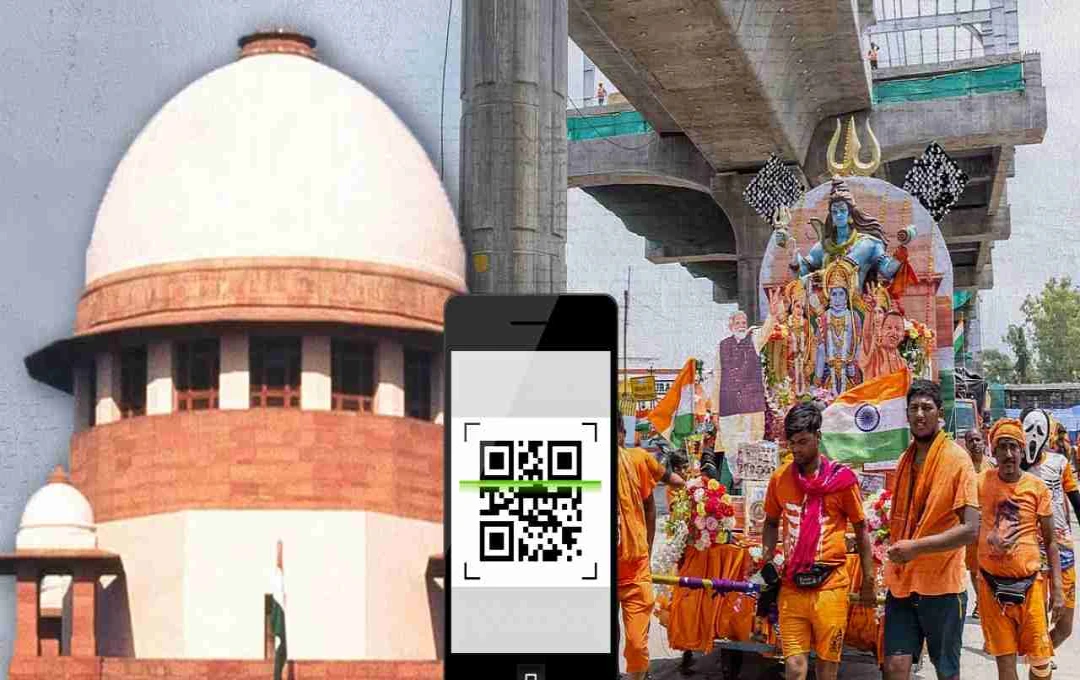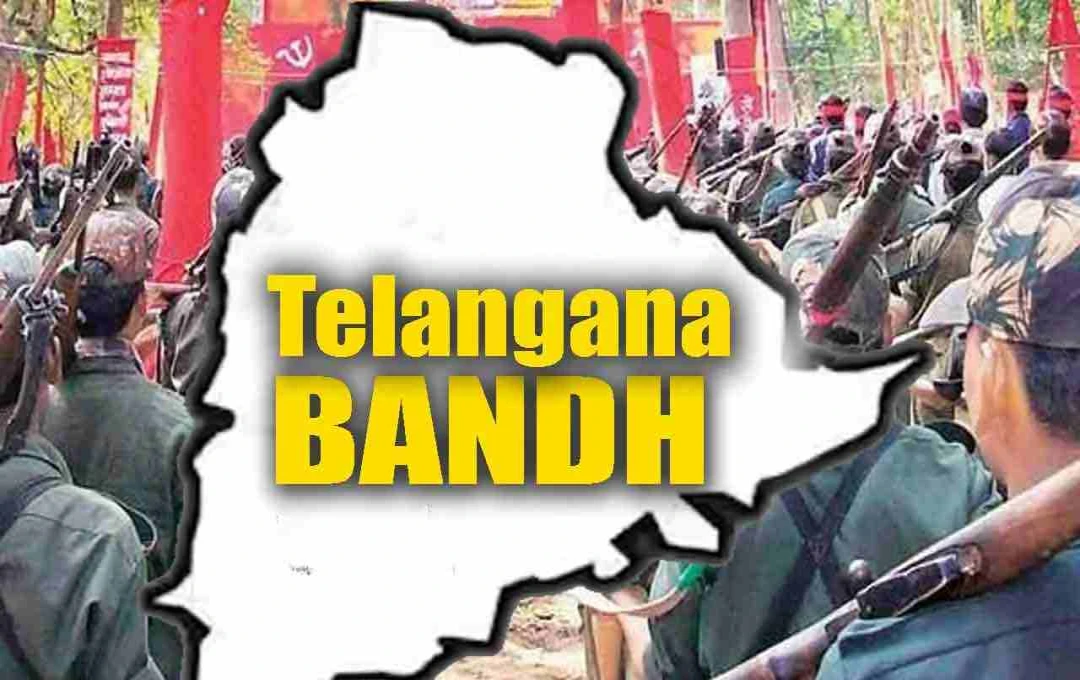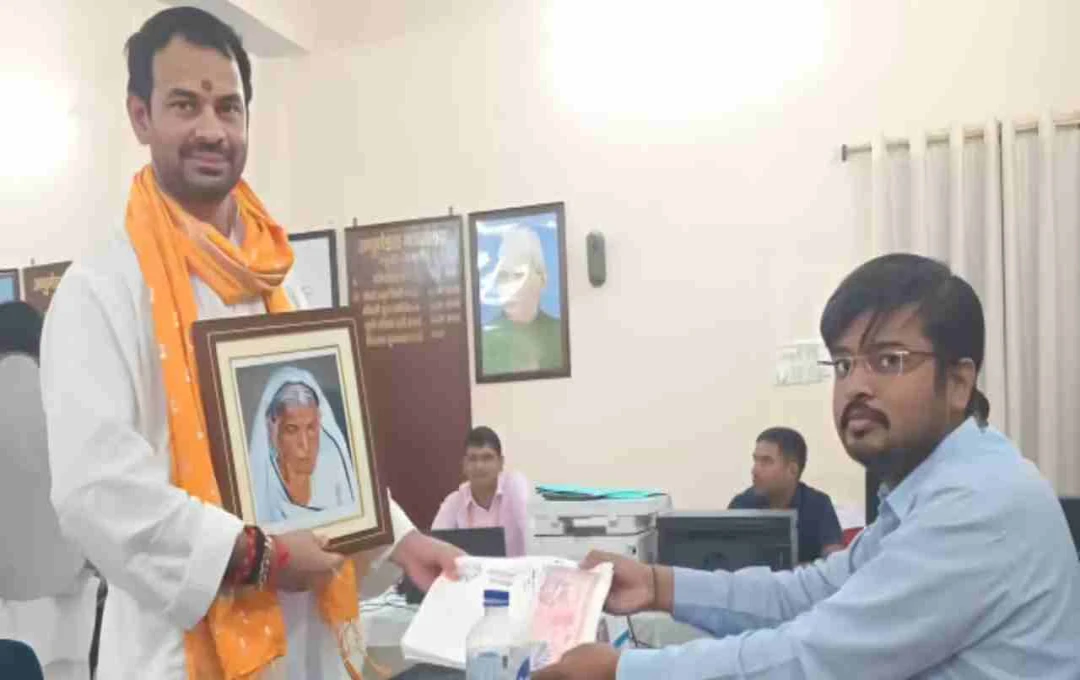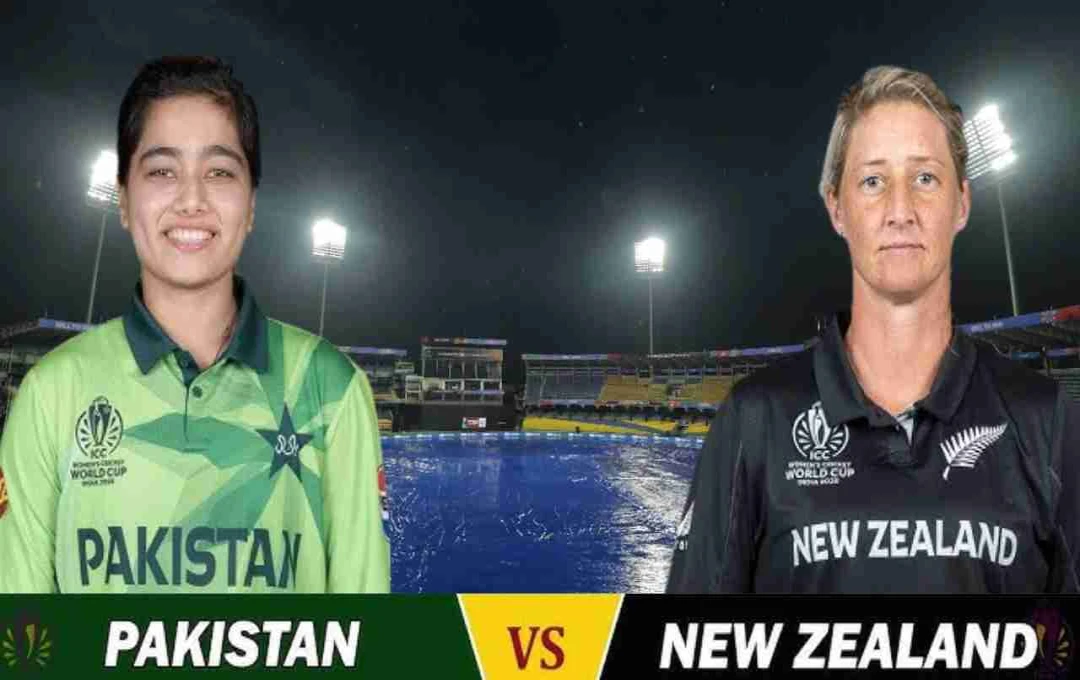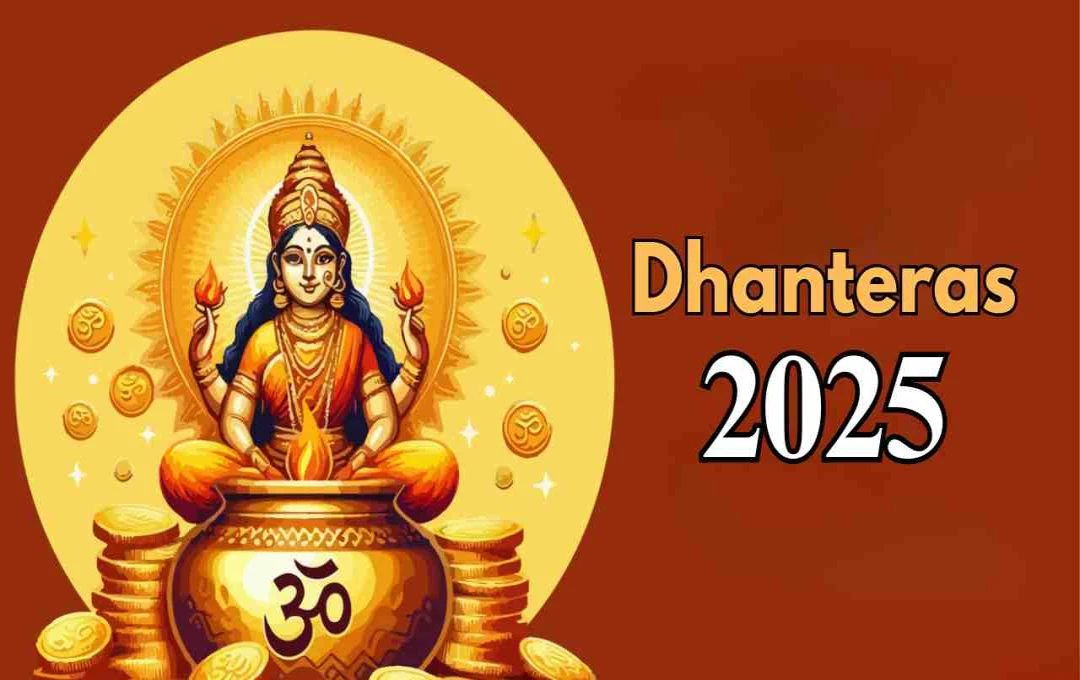The Supreme Court has been challenged regarding the order mandating QR codes and vendor identification in shops along the Kanwar Yatra route. The court has sought responses from the Uttar Pradesh and Uttarakhand governments.
QR Code Controversy: The Supreme Court has taken a b stance on the matter of QR codes and disclosure of owner identification on shops and dhabas along the Kanwar Yatra route. A bench of the Supreme Court has summoned responses from the Uttar Pradesh and Uttarakhand governments, issuing notices to both. The court has inquired why vendors are being compelled to publicly disclose their identity and religious affiliation.
Hearing and Notices in the Supreme Court
The case was heard by a bench comprising Justices M.M. Sundresh and M. Kotišwar Singh. The petitions filed in the court argue that the order to display QR codes outside shops on the Kanwar Yatra route, which includes the shop owner's name and religion, is unconstitutional. Petitioners claim this violates the right to privacy and directly affects the freedom of trade.
The court, taking these arguments seriously, has sought responses from the Uttar Pradesh and Uttarakhand governments. Both governments must submit their reactions by July 22.
Uttar Pradesh Government Requests Time
During the hearing, the counsel representing the Uttar Pradesh government requested two weeks from the court to file a detailed response. The petitioner's lawyer objected to this, stating that the Kanwar Yatra would conclude by then, rendering the petition ineffective. They urged the court to hear the matter as soon as possible to provide relief in the current circumstances.
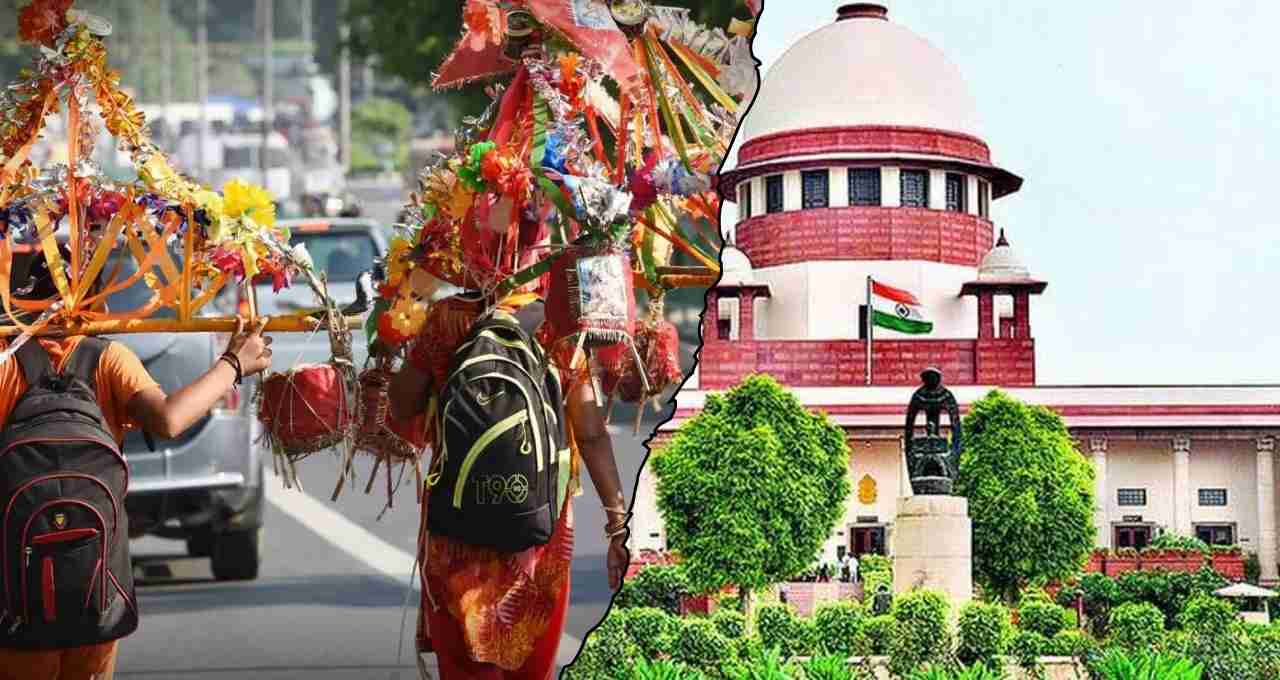
What the Petition States
The petitioners have argued in court that compelling any vendor to disclose their religious identity violates Articles 14, 19, and 21 of the Indian Constitution. According to the Constitution, every citizen has the right to equality, freedom of expression, and privacy. Therefore, such identification-based policies promote discrimination.
What is the Order for QR Codes?
The Uttar Pradesh and Uttarakhand administrations had issued an order mandating that all dhabas, restaurants, and shops display a signboard with a QR code on the Kanwar Yatra route. This QR code would contain information such as the name and religion of the shop or establishment's owner. The administration's rationale was to strengthen security and enable quick action in the event of any untoward incident.
However, several parties have objected to this decision. Petitioners argue that public disclosure of such information can not only increase social tension but also serve as a means of revealing religious identity.
Next Hearing on July 22
The Supreme Court has scheduled the next hearing in this case for July 22. The court has clarified that all parties must submit their responses by then. The court has also directed the UP government to respond to all the issues raised in the intervention petitions.
